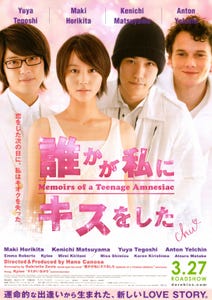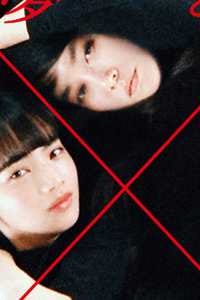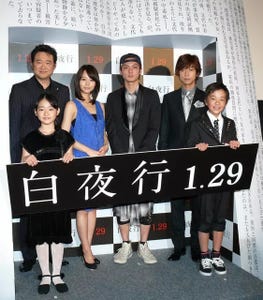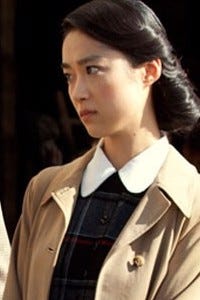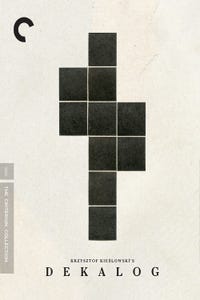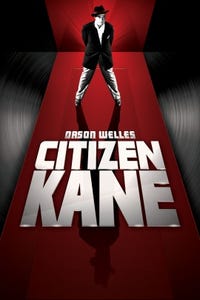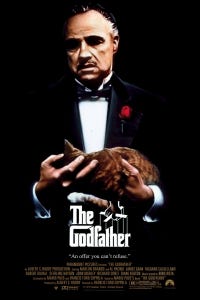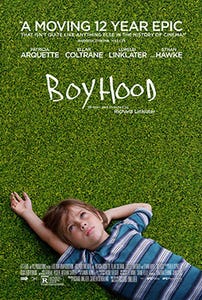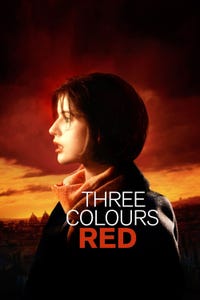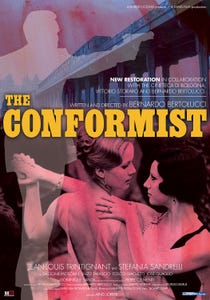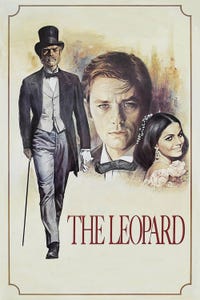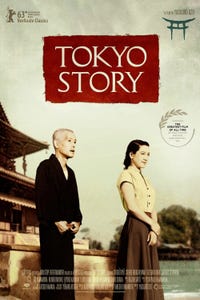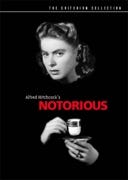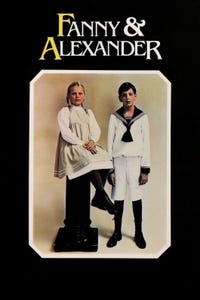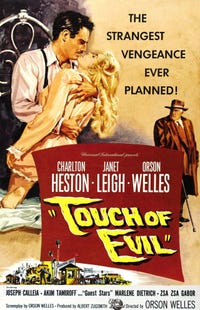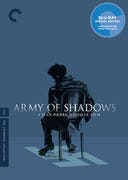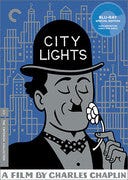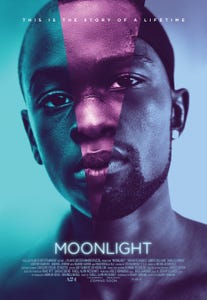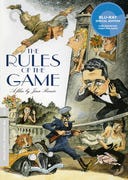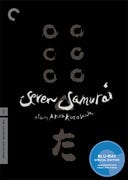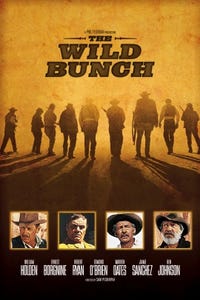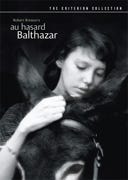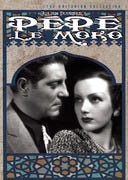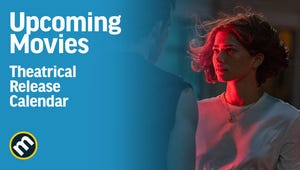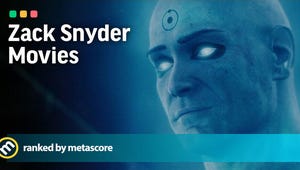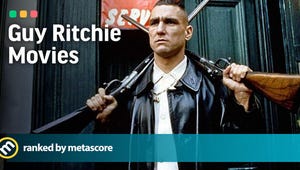- 2012
- Not Rated
- Red Flag Releasing (RFR)
- 2 h 13 m
- 2012
- Not Rated
- Red Flag Releasing (RFR)
- 2 h 13 m
Summary Tokyo, the late 1960s... Students around the world are uniting to overthrow the establishment and Toru Watanabe's personal life is similarly in tumult. At heart, he is deeply devoted to his first love, Naoko, a beautiful and introspective young woman. But their complex bond has been forged by the tragic death of their best friend years b...
Directed By: Anh Hung Tran
Written By: Haruki Murakami, Anh Hung Tran
- 2012
- Not Rated
- Red Flag Releasing (RFR)
- 2 h 13 m
- 2012
- Not Rated
- Red Flag Releasing (RFR)
- 2 h 13 m
Norwegian Wood
Where to Watch
Summary Tokyo, the late 1960s... Students around the world are uniting to overthrow the establishment and Toru Watanabe's personal life is similarly in tumult. At heart, he is deeply devoted to his first love, Naoko, a beautiful and introspective young woman. But their complex bond has been forged by the tragic death of their best friend years b...
Directed By: Anh Hung Tran
Written By: Haruki Murakami, Anh Hung Tran
Where to Watch
Top Cast
8 Reviews
11 Reviews
0 Reviews
8 Reviews
11 Reviews
0 Reviews
8 Ratings
6 Ratings
0 Ratings
8 Ratings
6 Ratings
0 Ratings
There are no user reviews yet. Be the first to add a review.
